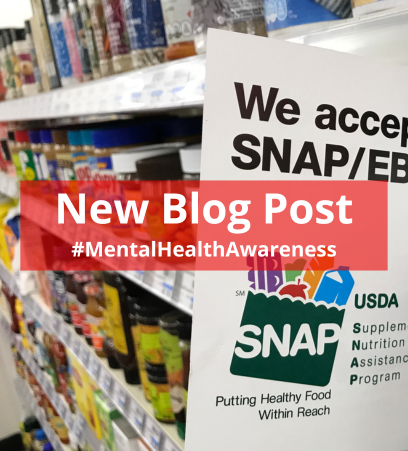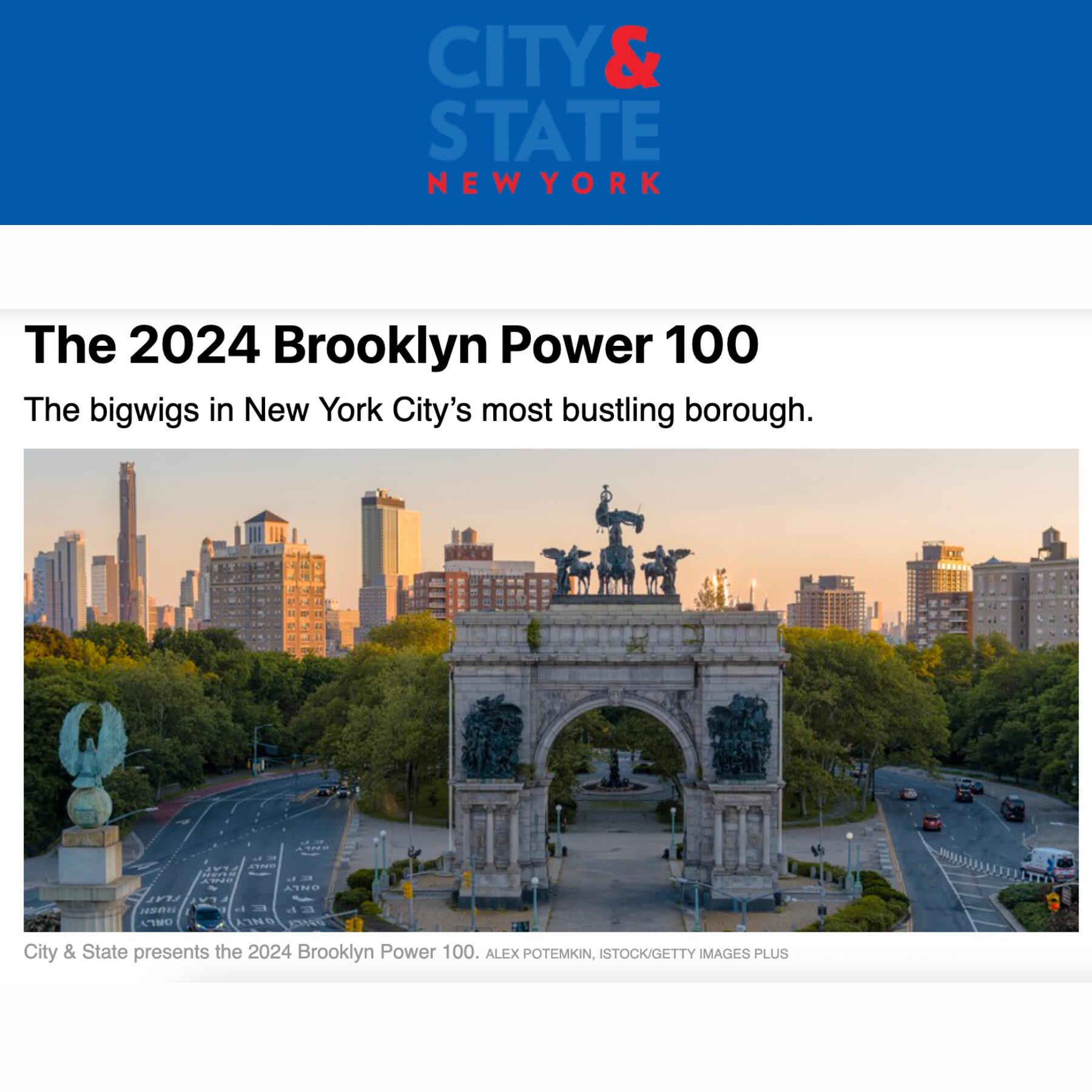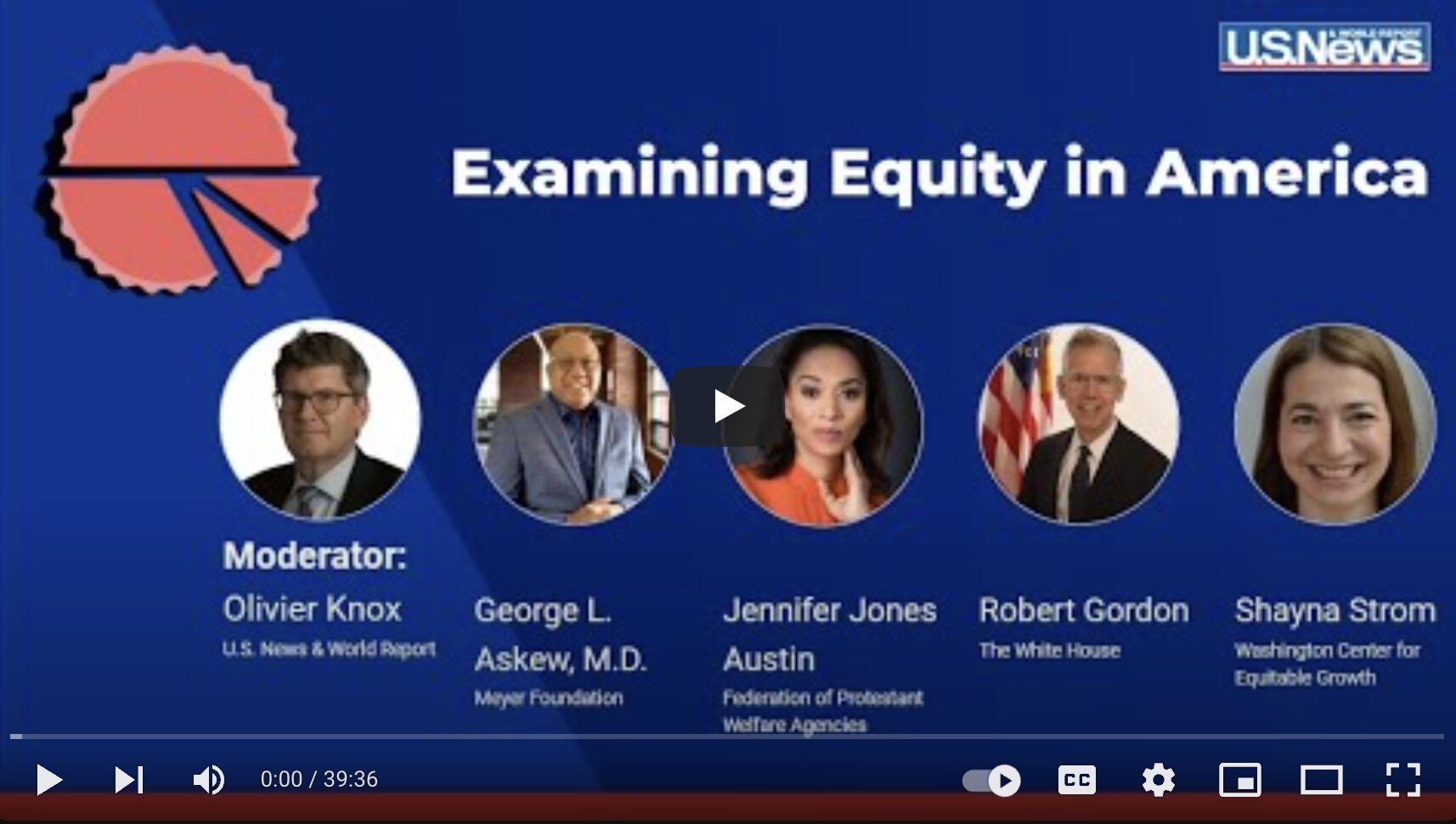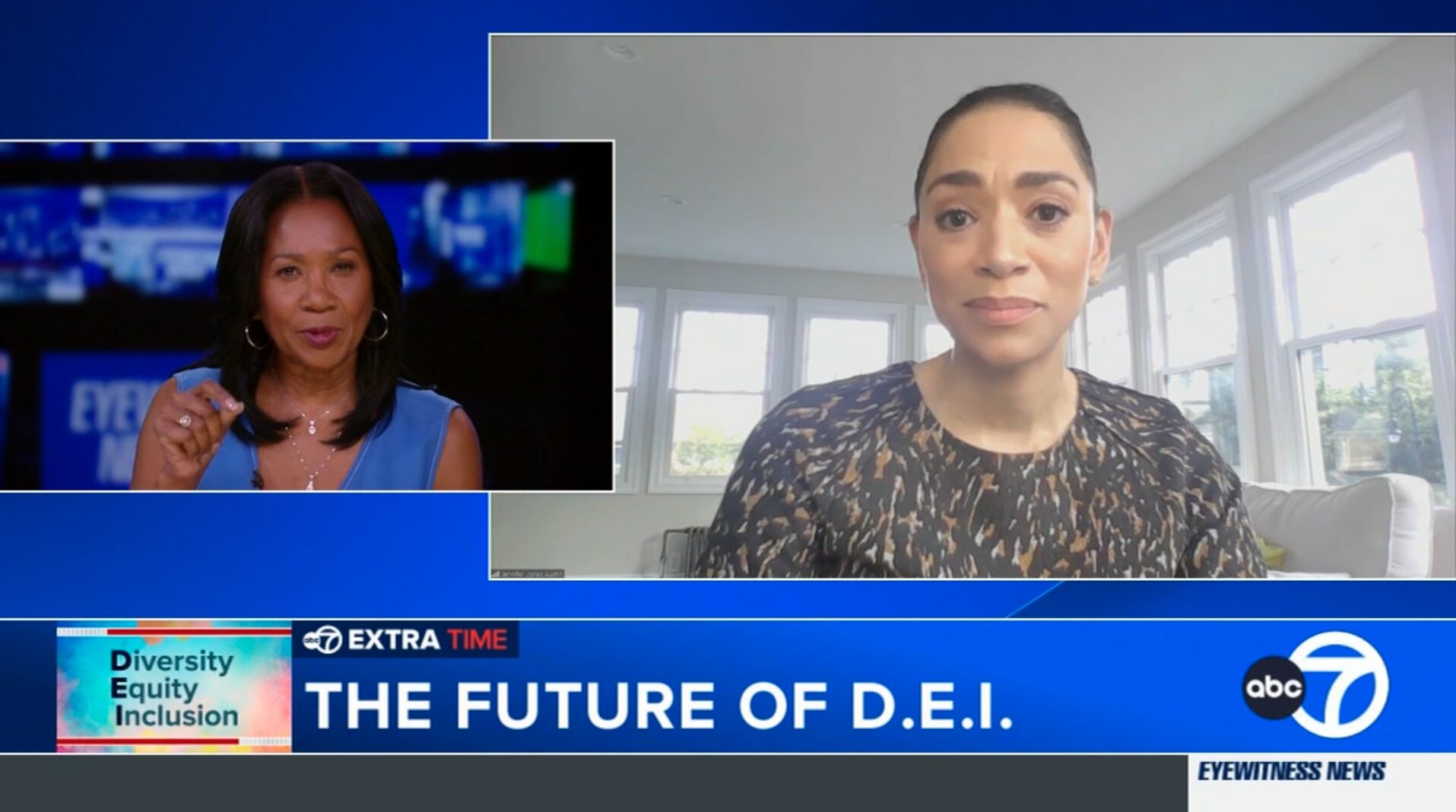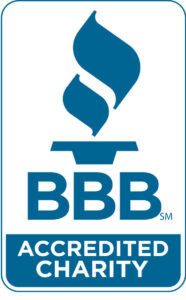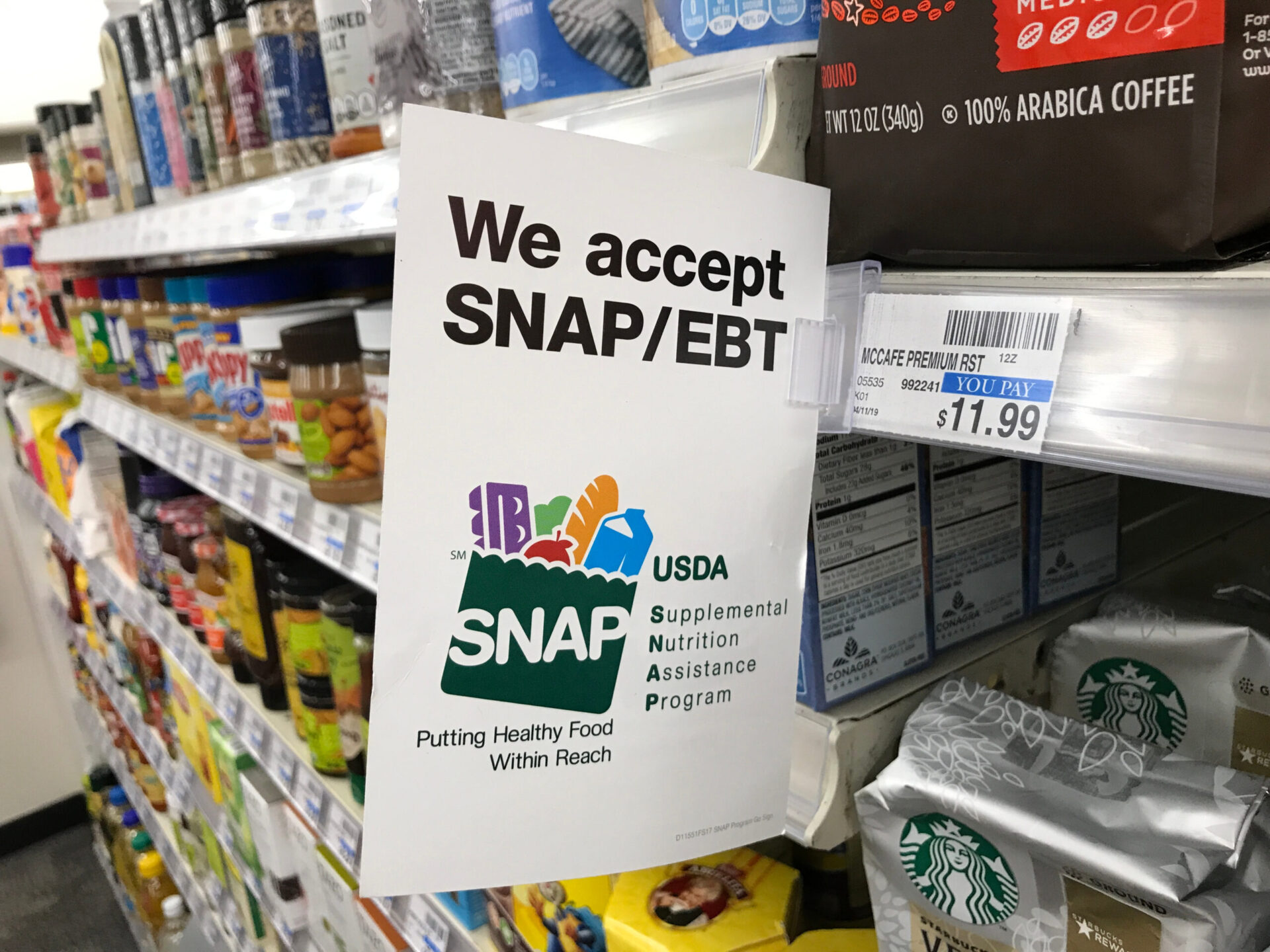
At first glance, the relationship between mental health, economic justice, and food security may not be an obvious one. However, upon closer examination, it’s clear that these issues are deeply interconnected and intrinsic to individuals’ well-being and dignity.
Economic justice refers to the idea that all individuals should have equal access to the resources necessary for basic needs and well-being, which at its core is antithetical to poverty. This includes, but is certainly not limited to, sufficient access to food that allows for both individual choice and culturally appropriate options.
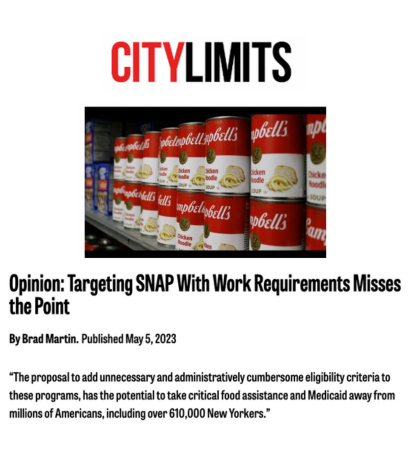
When sufficient food access and/or choice is absent, we begin to see negative effects on mental health. In a recent Op-Ed piece in City Limits written by FPWA’s Senior Fiscal Policy Analyst, looking at the nation’s critical Supplemental Nutrition Assistance Program (SNAP, formerly “food stamps”), we highlight that “hunger in the U.S. has been conservatively estimated to cost $160 billion a year, contributing to mental health problems, suicide, poorer general health, and lost productivity.”
Insufficient access to food is a burden on mental health and well-being for varying and complex reasons. The most obvious one may be the ongoing stress of not being able to meet one’s basic needs. Studies have shown that severe and ongoing stress can cross a line into “toxic stress” and trauma, which negatively affect a person’s health—physically, emotionally, and mentally.
Another reason is stigma. As reported in a 2021 research article by BMC Public Health, “feelings of shame and anxiety can be intensified by the stigmatization of participation in food assistance programs and acceptance of charitable foods from venues such as food banks.”
It is imperative that we continue to center mental health and well-being in both our programmatic and policy advocacy work not only during Mental Health Awareness Month, but consistently. We won’t achieve economic justice or food security by only considering the traditional indicators of economic success. FPWA is proud to take a wholistic approach to our work on equity and justice. We do this through efforts to dismantle systemic barriers that perpetuate poverty and economic inequality as well as advocating for trauma-responsive and people-centered approaches to service delivery and program design.
Investing in systems and resources that support positive mental health and well-being will ultimately create the conditions necessary for individuals to manage their lives with dignity and successfully access the resources they need to maintain economic security.
- For more information about FPWA’s trauma-responsive capacity building work, please visit www.fpwa.org/support-nonprofits/
- For more information about FPWA’s grant programs, including the facilitation of the Emergency Food and Shelter Program (EFSP), please visit www.fpwa.org/support-nonprofits/
- For more information about FPWA’s current policy and advocacy efforts, please visit https://www.fpwa.org/our-work/policy-advocacy-research/policy-priorities/
About FPWA
FPWA is an anti-poverty policy and advocacy organization committed to advancing economic opportunity, justice, and upward mobility for New Yorkers with low incomes. Since 1922, FPWA has driven groundbreaking policy reforms to better serve those in need. We work to dismantle the systemic barriers that impede economic security and well-being, and strengthen the capacity of human services agencies and faith organizations so New Yorkers with lower incomes can thrive and live with dignity. Find out more at fpwa.org, Facebook, Twitter, and Instagram.
###

